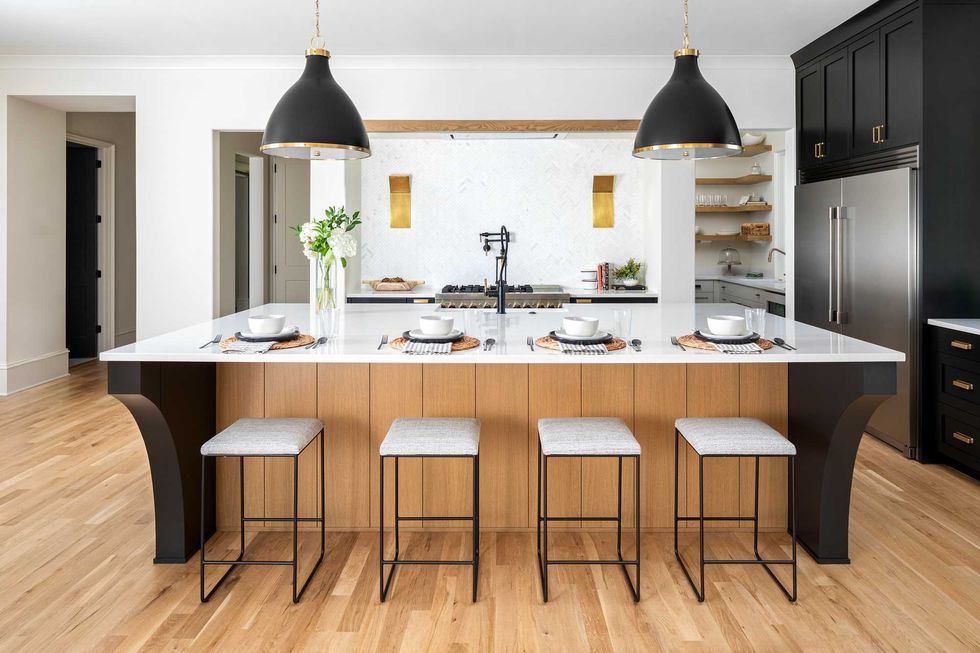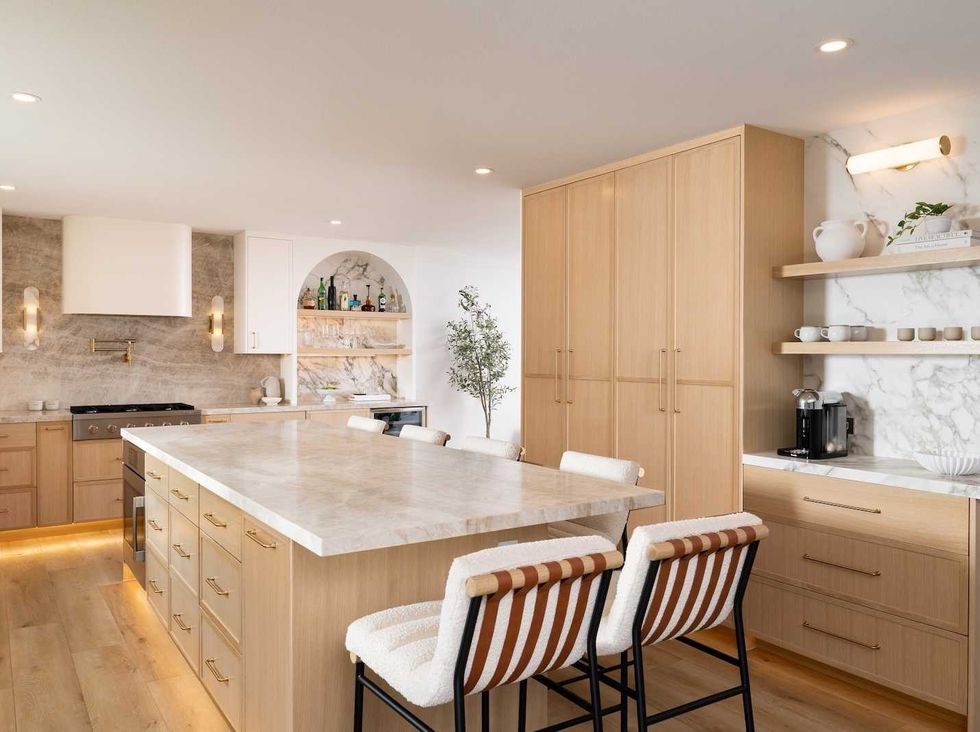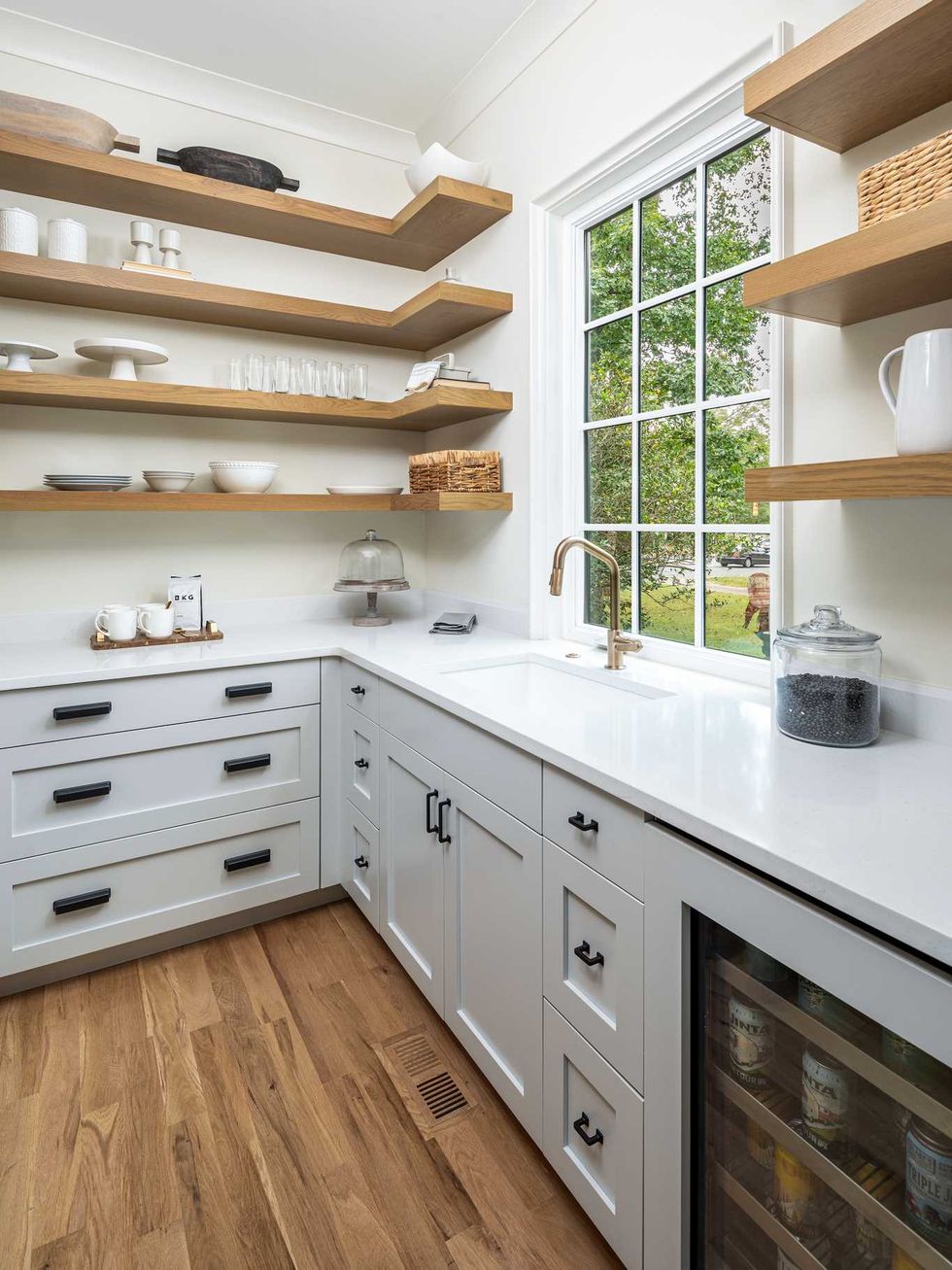How does your garden grow?
Here are the best fruits and vegetables to grow at home in Dallas-Fort Worth now
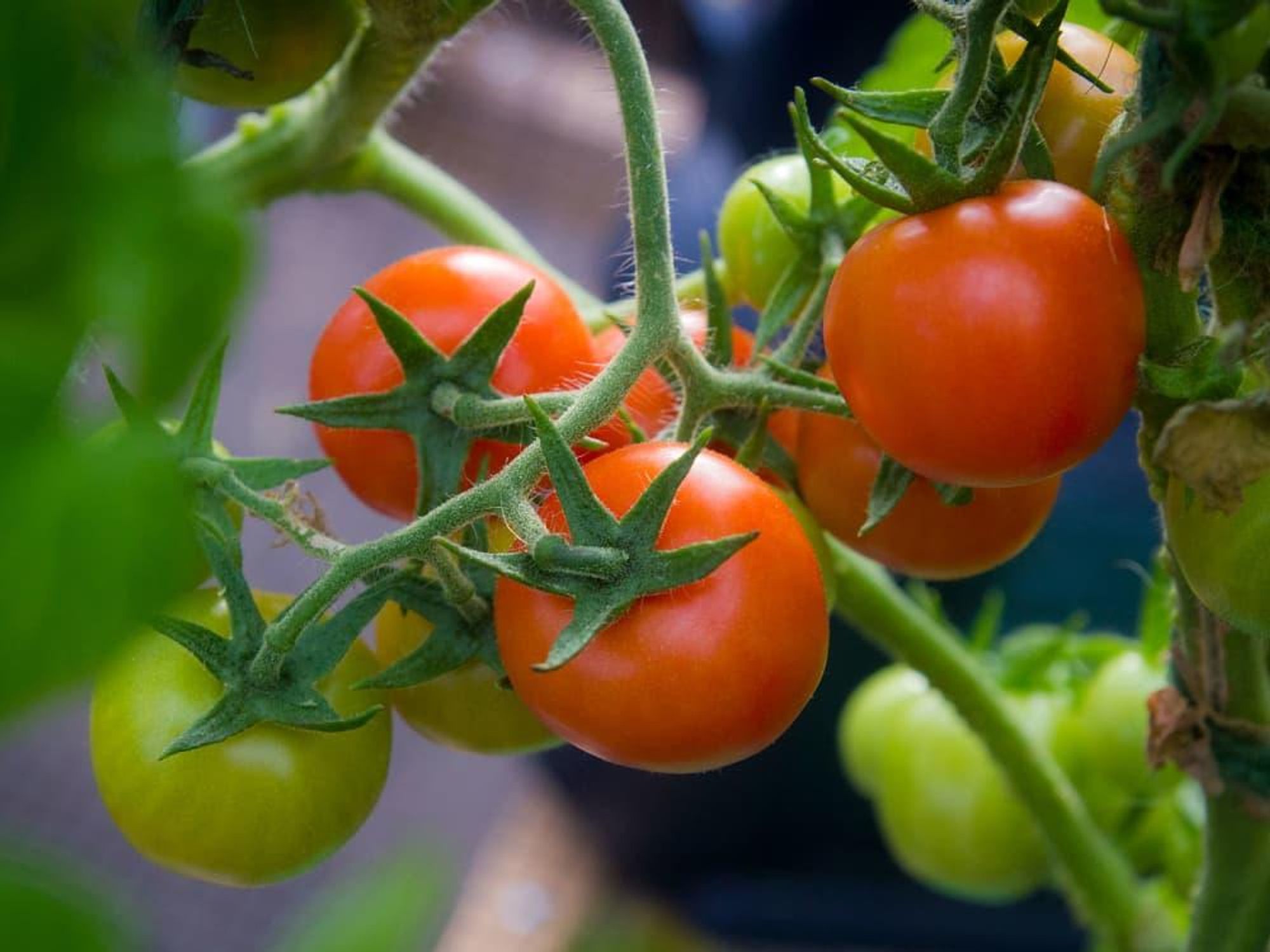
For folks feeling anxious in these coronavirus times, one major stressor is the absolute need to stay home and social distance. That means increased inside time and possibly, the "corona 15" — the weight gain that comes with being sedentary and constantly eating and snacking.
The desire to stay physically and mentally healthy has led many people to consider growing their own food. It seems easy, right? A backyard. Some soil. How hard can it be?
"Anyone can garden. From the oldest in the household to the youngest, it’s a great way to bring families together and learn about responsibility and working together," Paul Winski, Harris county extension agent for horticulture at Texas A&M University's AgriLife Extension Service, says.
"You also get to enjoy the rewards once the veggies are harvested. Living in an urban county, many children may not know where their vegetables come from. Growing your own allows them to see the process of planting, maintaining, watering, and eating the final product."
Winski's colleague, Dallas county extension agent Stephen Hudkins, agrees.
"There is nothing healthier and taster than your own fresh-grown produce. With a little love and care you can enjoy the bounty of your labors," he says.
For those ready to dig into home gardening, here are some things to keep in mind.
What to plant
What people should plant depends on where they live.
In Dallas-Fort Worth, it's prime time to tomatoes and peppers. Beans can be planted until May 1, and eggplant can be planted now and harvested in a couple of months.
All of them, however, take a few months to grow. Gardeners can have their cucumbers within 50 to 70 days of planting; watermelon can take up to 100 days.
"Growing vegetables has gotten easier in the past few years because many of the breeding companies are developing varieties for container production," says Hudkins. "I would recommend a larger container, similar to a 5-gallon bucket, so there is enough soil to support plant growth. The other thing to consider it sunlight — vegetable plants require at least six to eight hours of sun for optimum growth."
Daphne Richards, the country extension agent in Austin, urges a bit of caution about the Texas heat.
"Unfortunately, this thing hit right at the time when we needed to plant," she notes. "The problem with any vegetable gardens being planted right now is the heat and intense sunlight of our summers." She recommends gardeners think seriously about a shade structure to protect their plants.
"I would suggest starting small — one or two tomatoes in a small bed or even in containers. And peppers will generally keep producing in the heat, so one or two of those would make good additions. For tomatoes, focus on the smaller fruits, such as cherry tomatoes, which perform better in our heat."
Start small
The idea of taking baby steps is something all three experts say makes sense.
"It’s easier to maintain a few plants, build your confidence, and enjoy the rewards," says Winski, who advises gardeners to realize they'll likely hit a few bumps in the road as they go along. "Plants are quite resilient, but in most cases, we love them to death, usually with too much water."
He advises gardeners to pay attention to the growing conditions. Is it sunny, dry, rainy, or overcast?
"The plant will let you know when it needs a drink," he says.
"Gardening is a great hobby and stress reliever," says Hudkins. "However, you must be vigilant and watch daily for moisture needs and potential pest. We call it scouting daily."
Advice for apartment dwellers
Those who don't have a big backyard needn't worry if they want to try planting their own food.
"Containers on balconies work great," says Richards. "A patio tomato or pepper would work well. For window boxes, try mint or oregano. Basil, too. In fact, herbs would be a much easier place to start. Mint will run rampant with very little care at all. But realistically, vegetables can’t be grown indoors without large set-ups of artificial lighting."
Enjoy the process
Obviously, the timeline from planting a seed to harvesting a vegetable doesn't happen overnight. But there is therapy in working the ground and waiting.
"Gardening isn’t really complicated, but it takes patience and observation, time, attention, and hard work outdoors — traits that many people have lost," says Richards. "I’d say my number one piece of advice is to try it."
Winski adds that gardening can pull people out of their comfort zones, something he thinks is beneficial. It might be a lot of work, all the weeding and watering and watching, but he loves the rewards.
"Don’t be afraid or frustrated to try gardening — you’ll be surprised at what you might accomplish."
Texas planting resources
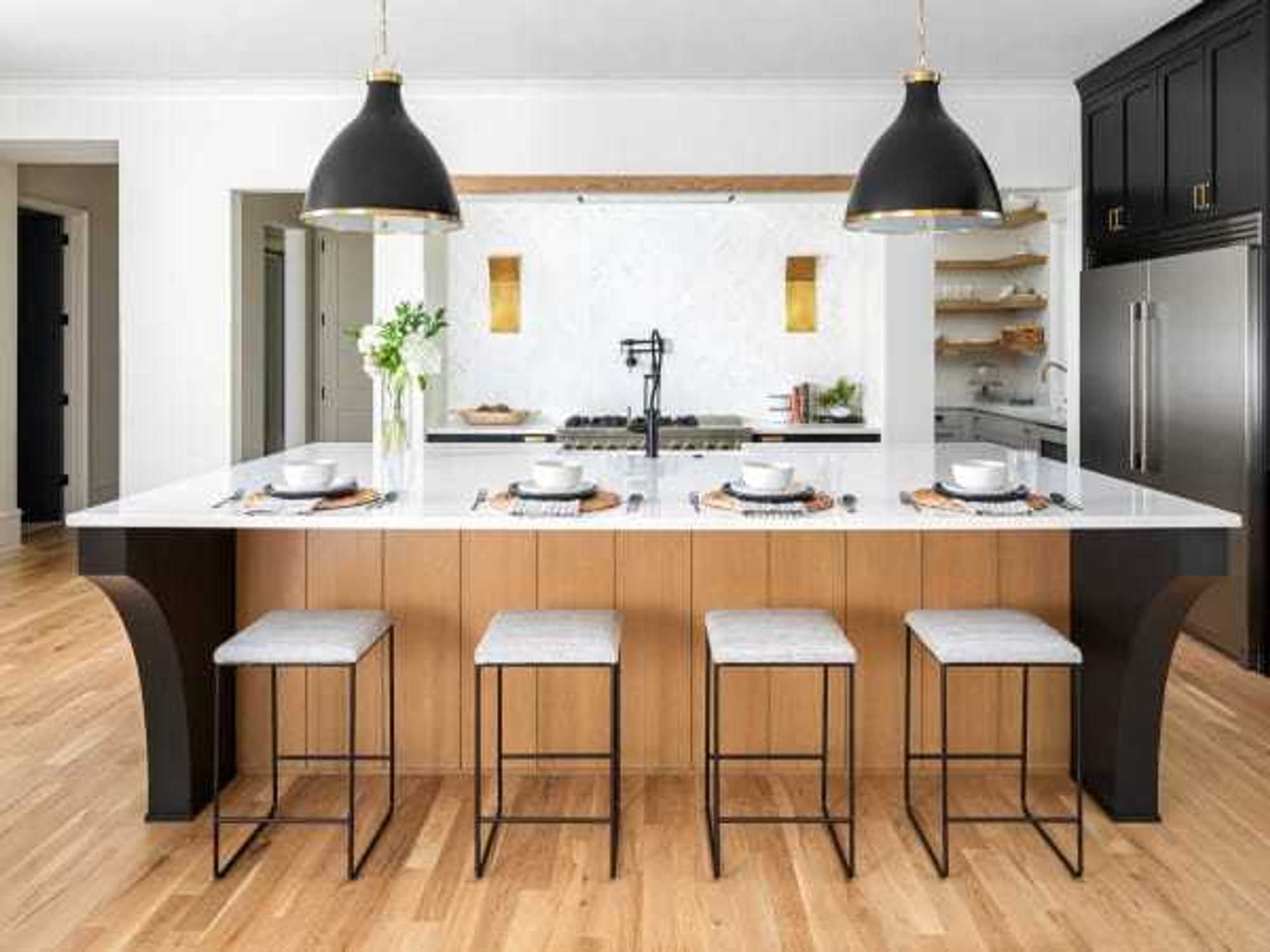
 Wood tones are all the rage in 2026.Photo by Robert Peterson (Rustic White Photography) for Mister + Mrs. Sharp
Wood tones are all the rage in 2026.Photo by Robert Peterson (Rustic White Photography) for Mister + Mrs. Sharp